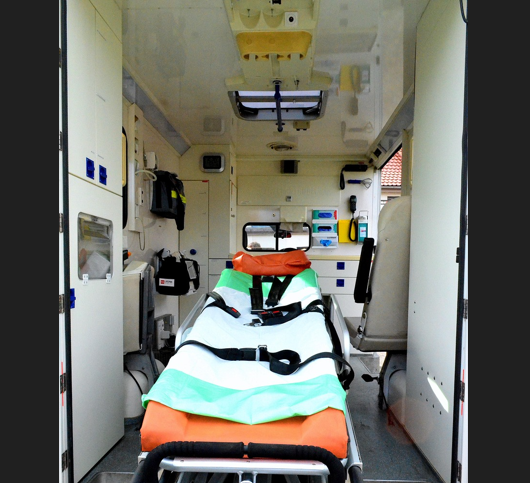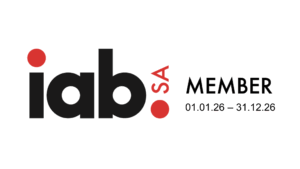Cape Town – KwaZulu-Natal’s emergency and policing services are buckling under a shortage of vehicles, with officials blaming a dysfunctional government fleet contract.
According to IOL, only 240 of the province’s 480 ambulances are currently operational, while hundreds of police vehicles are stuck in workshops waiting for repairs. The delays have been tied to the RT46 transversal tender, which was meant to centralise maintenance and management of state fleets but has instead created major backlogs.
The human impact has been severe. Lawmakers said patients are dying while waiting for ambulances, with vehicles sometimes off the road for months over minor issues.
“This contract is a bottleneck of inefficiency, and it has become a disaster for policing and emergency health care,” the report quoted the Standing Committee on Public Accounts chair Tim Brauteseth as saying.
The Democratic Alliance added that the availability of ambulances in the province may have fallen even lower than official figures suggest. “We are seeing an operational rate that could be as low as 37%. This is catastrophic for service delivery,” the DA said in a statement.
It can take 1- 2 hours waiting in a queue to see a doctor at a clinic, it can take up to 90 minutes for an ambulance to arrive for a critical patient – if it arrives at all – and it can take up to 7 years to get an appointment for a surgical procedure. This needs to change, and… pic.twitter.com/JTWF3ssyUn
— DA KZN (@DA_KZN) March 26, 2024
The party also warned that the RT46 tender, currently managed by big fleet companies, has sidelined black-owned and smaller workshops, threatening thousands of jobs in the automotive repair sector.
The crisis is not confined to KwaZulu-Natal. As reported by MedicalBrief, Health Minister Aaron Motsoaledi confirmed that South Africa faces a nationwide shortfall of around 2,000 ambulances. He warned that “if emergency services cannot reach patients in time, the consequences are not only tragic but open government to costly malpractice claims”.
Communities are already feeling the consequences. In Wentworth, Durban, residents have begun relying on e-hailing apps to reach hospitals. “People would rather phone an Uber because they know the ambulance is not going to arrive anytime soon,” said a community policing forum member, as reported by The Citizen.
Opposition parties and oversight committees are calling for urgent investigations into the RT46 contract, demanding accountability and transparency to prevent further collapse of life-saving services.
Follow African Insider on Facebook, X and Instagram
Picture: Pixabay
Compiled by Lisabeal Nqamqhele



